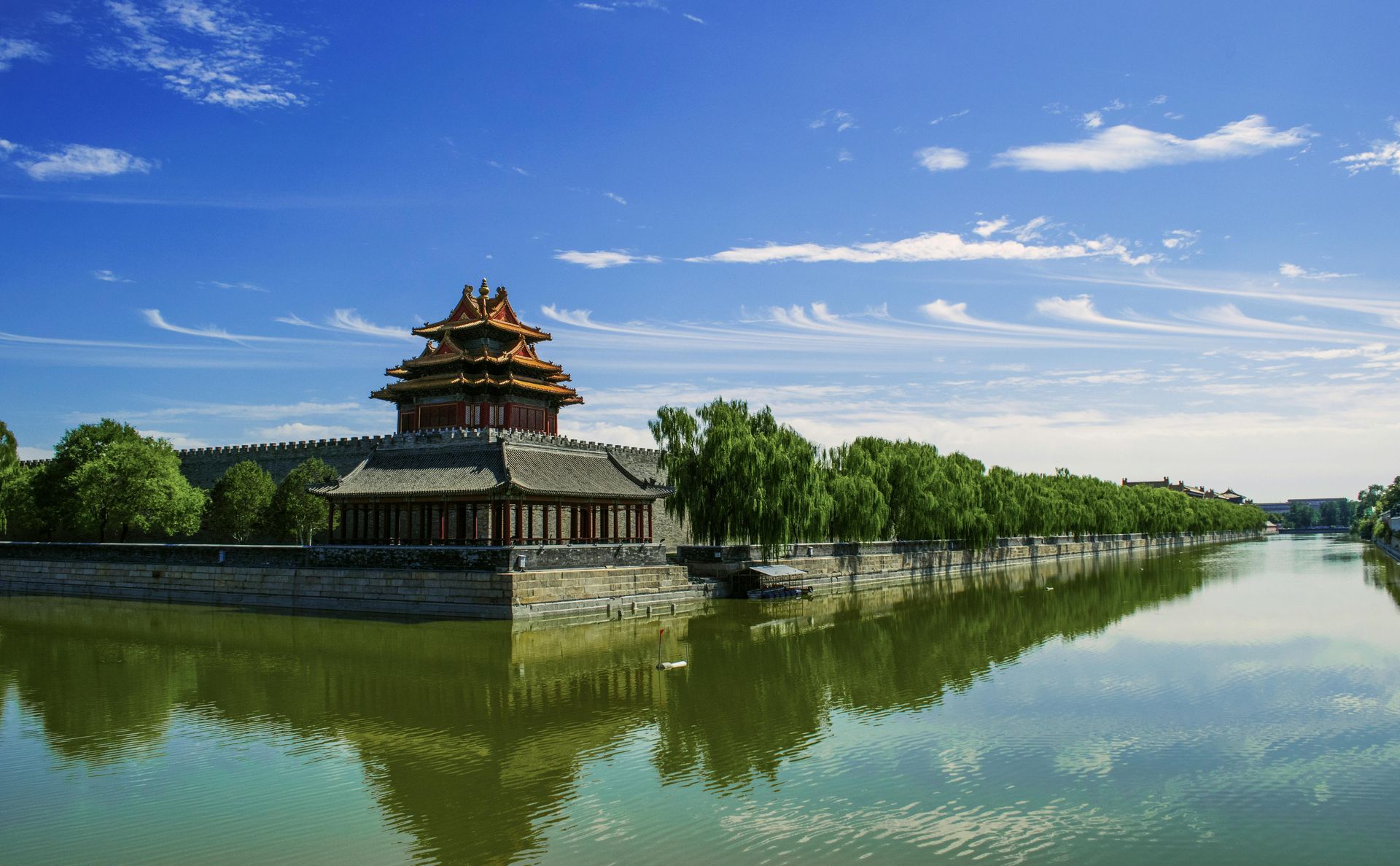The Christian Beliefs of People Who Hate Christianity: Dominion Part 9
When a person says they reject Christianity the first thing to say is: No you don.t..
Christian doctrine dominates the minds of the people who hate it. If you grew up in Christian culture, that culture is so powerful, it controls your mind even if you are not aware of it.
Holland entitles Chapter 16: Enlightenment; A.D. 1762, Toulouse
As the title suggests, in this chapter Holland deals with several major figures of the so-called Enlightenment. First Voltaire, who hated Christianity with a passion. According to Voltaire, “The fanaticism of Christians had only served to cover the earth with corpses.” Holland does not deny the power of these eighteenth-century intellectuals. “For the first time since the reign of Constantine, the commanding heights of European culture had been wrested from Christian intellectuals.” But Holland denies that the Enlightenment operated outside Christian culture. “In truth, there was nothing quite so Christian as a summons to bring the world from darkness to light.” Voltaire admitted, “Some sense of the divine was needed, or else society would fall apart. ‘If God did not exist it would be necessary to invent him.’”
Holland repeatedly shows how “Christian” the anti-Christian intellectuals were. Their criticisms of Christianity were rooted in the assumptions of Christian culture. Voltaire shared in the depiction of history as divided into three phases—Ancient, Medieval, and Modern. What he fails to note is that he did not create these distinctions. They were created by the Protestant reformers. In fact, Holland argues, all these revolutions go back to the One who said, “Woe to you who are rich.” In the early days of the French Revolution the occupation most disproportionately represented among the rebels was that of the priest. Still, the French Revolution eventually became viciously anti-Christian. But the English Revolution never did. Especially on the American continent it was infused and motivated by Christian ideas. “The truest and ultimate seedbed of the American Republic…was the book of Genesis.”
The Enlightenment thinkers were enamored of human rights, or as they called them, “the rights of man.” They assumed they were natural to human reason, but they were not. They originated—of all places—in the Catholic canon lawyers of the High Middle Ages. The Enlightenment philosophers sought the origin of rights in Greece and Rome. But they discovered something that did not exist. Neither of those ancient civilizations knew anything about such rights. Holland devotes quite a few words to one writer who understood this—the Marquis de Sade, the wicked man from whom we get the word sadism. According to de Sade the true divisions in society, “were those who were naturally masters and those who were naturally slaves.” Man simply stands “next to the Chimpanzee” on the ladder of power. De Sade recognized that “the rights of man were no more provable than the existence of God.”
Holland ends the chapter by observing that, although ideas like the Marquis’ were logical and held by some, by the end of the eighteenth century the Christian view had triumphed. All the nations of Europe abolished the slave trade. “Amazing Grace indeed.”
Holland entitles Chapter 17: Religion; A.D. 1825, Baroda
Holland begins this chapter with a blood-curdling account of sati—a Hindu woman casting herself on her husband’s funeral pyre. This act of self-immolation was an ancient part of Hinduism and the word itself means, “good wife.” Christians were appalled and saw this as a vindication of their superiority over paganism. Christianity was a superior religion to paganism. Holland then goes on to argue that Christianity, and especially Protestant Christianity, invented the very idea of a “religion.”
It was clear that the Hindus could not be dismissed as mere pagans. They had sacred scriptures—as old as the Bible. They had temples, and rituals, a priesthood—all the things possessed by Christianity. The Hindus, however, would not have understood the Christian classification of them as a “religion.” “No word remotely approximate to it existed in any Indian language.” Hindus themselves—as well as the British—began to use the term “secularization.” There was the religious and the secular. This opened a door for Indians to shape what the religion looked like. For example, there were Indians who opposed suttee. Thus, in 1829 suttee was declared illegal. An Indian historian wrote, “Christianity spreads two ways: “Through conversion and through secularisation.” The idea that a religion could function in a completely secular way—in two spheres of existence, religious and secular—was a “distinctively” Protestant idea. “A country did not need to see itself Christian…to start seeing itself through Christian eyes.” This gives you an idea of how powerful Christianity is. It extends its truth into areas where it is despised.
Holland then examines how this process worked itself out in two other “religions”—Judaism and Islam. The Jews had, to say the least, an uneven history in Europe. By 1848 they were technically illegal in the kingdom of Prussia. But the Emperor, Friedrich Wilhelm, wanted to integrate them into his domain. Friedrich was himself deeply Christian on a cultural level. He asked himself, “How do you have a Christian kingdom that admits the killers of Christ?” The solution was similar to that in India. Jews were allowed to retain their religion as long as they functioned as “secular” in the public sphere. The French had already done the same in their Declaration of Rights. However, “secularism” was not a neutral concept. Again, Holland argues that it was an invention of Christianity. “That there existed two dimensions, the secular and the religious, was an assumption that reached back centuries beyond the Reformation: to Gregory VII, to Columbanus, and to Augustine.”
Tension with the Muslims was seen in the controversy over slavery. The Muslims had no problem with it, and even argued that it was the natural way of things—as had Aristotle. Muslims had historically believed that the law was in written documents handed down from the prophet. But they capitulated to the Pauline idea that it was written on the heart. In time Muslims came to argue that slavery ‘s evil had been written on the hearts of men. From there it was an easy jump to the idea of international law and human rights. Holland describes the abolitionist movement as something that just exploded, “like the rushing wildfire of the Spirit.” The British pursued abolitionism even though it went counter to their economic interests. And slavery continued to exist in many regions of Africa. The British knew that slavery could never be eradicated until the entire continent had “been won for civilisation.” “Civilisation” won out. “It was not the slavers who ended up settling Africa…but the emancipators.” The emancipators were, as you might guess, an army of missionaries sent out from Europe and America. They were an irresistible army of conquest—conquest for the Kingdom of God.
And so we witness the ongoing spread and triumph of history’s greatest culture—Christian culture. Holland’s last chapters witness the conquest of the Dominion of Jesus Christ.
More: All the episodes of Dominion are found here: https://www.youtube.com/playlist?list=PLkHlTST983SrRLzY-1quBpEsd46bog7jA










